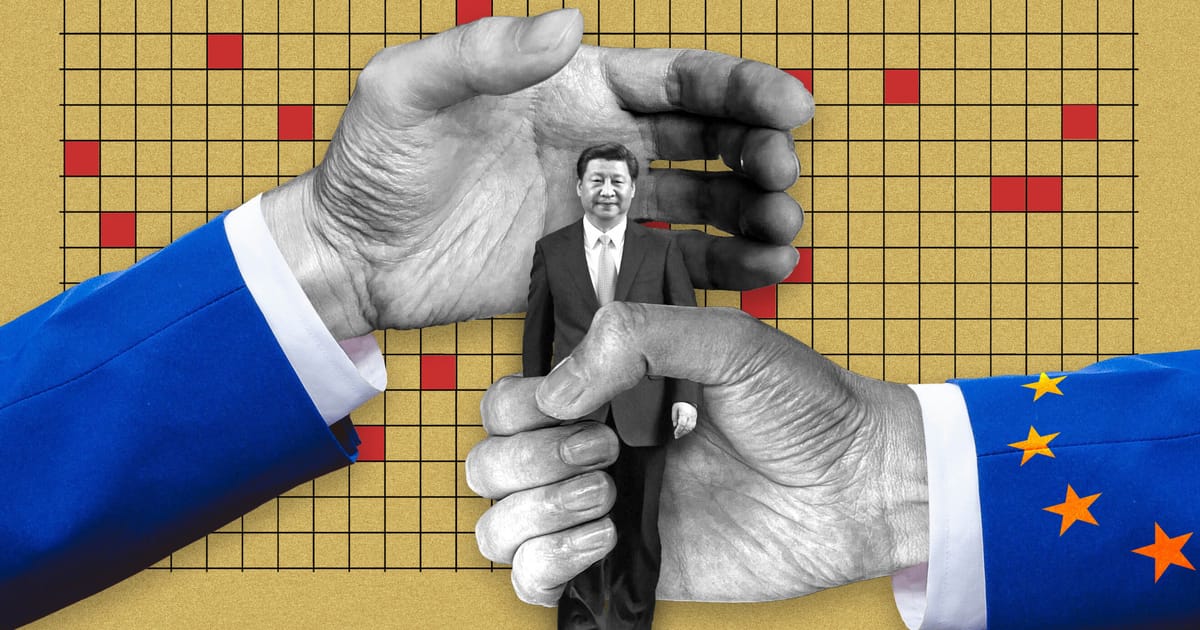Europe’s phoney war with China is at an end. After years of building up an improved arsenal for a trade war, Europe is now showing it is willing to get tough on Beijing.
On Tuesday, EU investigators swooped on the Dutch and Polish offices of Nuctech, a maker of security scanners, in a case that hinges on one of Europe’s longest running grievances with China — lavish state subsidies that help Chinese firms undercut European rivals.
Nuctech was once run by Hu Haifeng, son of President Xi Jinping’s predecessor, Hu Jintao, and China’s reaction was predictably seething. The raid “highlights the further deterioration of the EU’s business environment and sends an extremely negative signal to all foreign companies,” China’s mission to the EU fumed.
The timing of such an inflammatory raid seems significant, ahead of a trip to Europe by Xi next month — his first in five years, taking him to France, Serbia and Hungary — marking a definitive shift in the way that Europe is prepared to tackle its trade problems with China.



Elon Musk’s growing empire is fueled by $4.9 billion in government subsidies
Story from 2015. If you include the tax rebate incentives (which are included in BYD’s reporting, but which function differently in China because China lacks direct income tax for most people due to accounting costs… It’s an open secret that the Chinese government doesn’t care about personal tax income much), Tesla’s numbers skyrocket:
Tesla to get US$41 billion in government subsidies over made-in-US EVs and batteries
Tesla has received more than $3.2 billion worth of direct and indirect California subsidies and market mechanisms since 2009, according to an estimate from Newsom’s office.
If you want to argue that the $7500 EV purchase incentive is not a direct subsidy because it has no specific cash value (since it’s dependent on the person’s tax burden)… Be my guest, but that’s a laughable position.